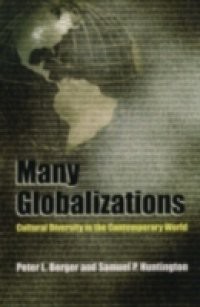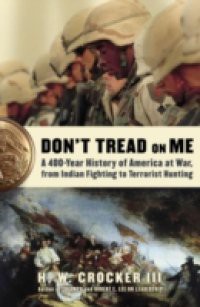Since Achilles first stormed into our imagination, literature has introduced its readers to truly unforgettable martial characters. In Men at War, Christopher Coker discusses some of the most famous of these fictional creations and their impact on our understanding of war and masculinity. Grouped into five archetypes-warriors, heroes, villains, survivors and victims-these characters range across 3000 years of history, through epic poems, the modern novel and one of the twentieth century's most famous film scripts. Great authors like Homer and Tolstoy show us aspects of reality invisible except through a literary lens, while fictional characters such as Achilles and Falstaff, Robert Jordan and Jack Aubrey, are not just larger than life; they are life's largeness-and this is why we seek them out. Although the Greeks knew that the lovers, wives and mothers of soldiers are the chief victims of battle, for the combatants, war is a masculine pursuit. Each of Coker's chapters explores what fiction tells us about war's appeal to young men and the way it makes- and breaks-them. The existential appeal of war too is perhaps best conveyed in fictional accounts, and these too are scrutinized by the author.
















